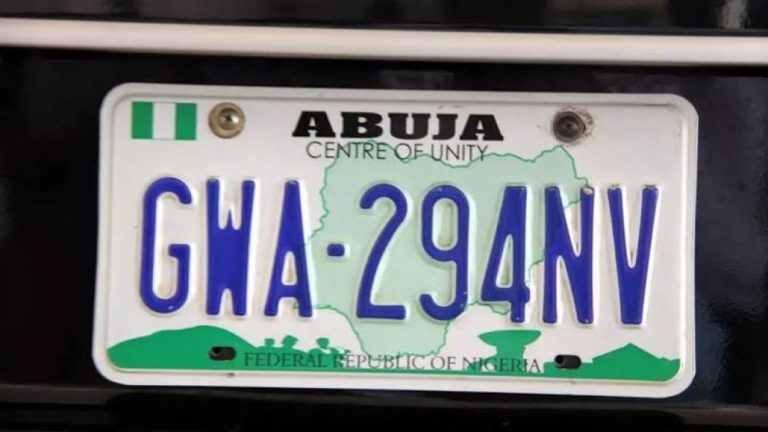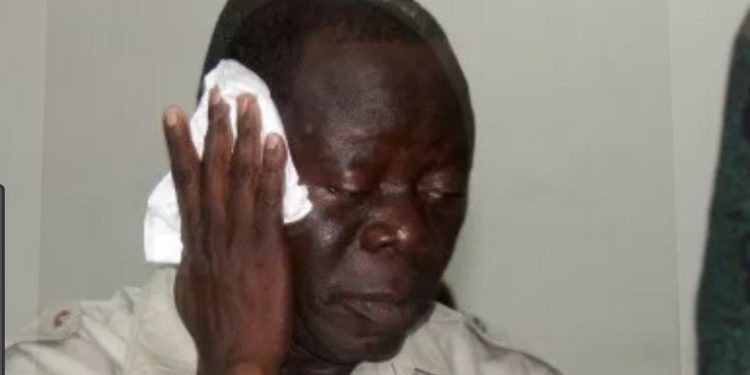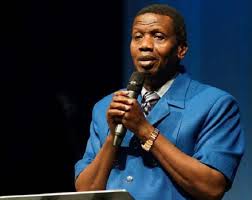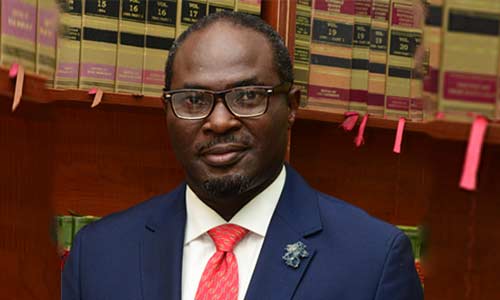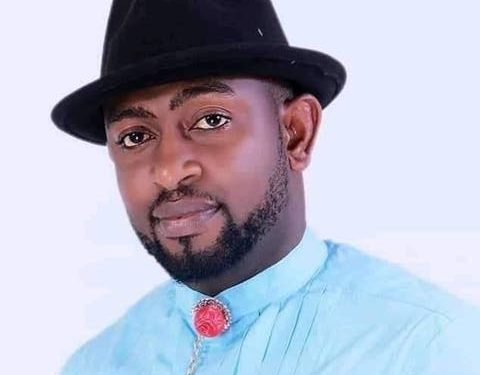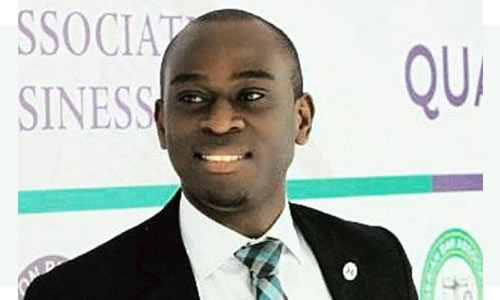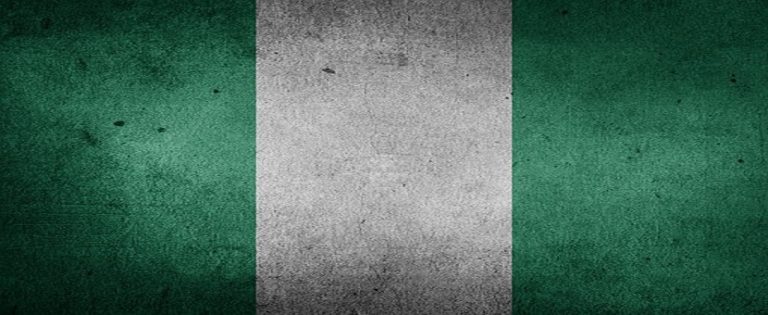By Yemi Oyeyemi, Abuja.
The All Progressives Congress (APC) has told a Federal High Court in Abuja, that the Comrade Adams Oshiomhole-led National Working Committee (NWC) was sacked to pave way for a final end to internal leadership crises rocking its rank and file.
The party also said that immediately the Caretaker/Extraordinary Convention Planning Committee was put in place after the NWC’s dissolution, the crises that had characterised the affairs of the NWC were laid to rest.
Reacting to a legal action challenging the dissolution of its NWC instituted by one of its chieftains, Mr Kalu Kalu Agu, APC said further that the present court action challenging the NWC dissolution effected on June 25 was designed to destabilise it.
In a five paragraph counter-affidavit in opposition to the court action, the APC said that by its own constitution the National Executive Committee (NEC) has power to set up any committee including the current National Caretaker Committee led Governor Mai Mala Buni.
In the counter-affidavit deposed to by Mrs Adenike Adelakun, a Librarian in its legal department, APC further said that Governor Buni and other members of its National Caretaker Committee are eminently qualified for their appointment and pleaded with the court to dismiss the suit.
Meanwhile, the plaintiff in the matter has asked the court to order for continuing hearing of the substantive suit during the ongoing vacation of the Federal High Court.
Kalu also pleaded with the court for another order abridging the time within which the 14 respondents are to file and serve jointly or severally their counter-affidavits and other processes in response to the suit.
His motion on notice filed by Ukpai Ukairo was predicated on the grounds that his suit is a pre-election matter which ought to be decided within 180 days prescribed by the Constitution.
He claimed time is of essence and that a delay may cause irreparable damage or serious mischief.
However, Prince Lateef Fagbemi SAN, counsel to the 14 Caretaker Committee members in their counter to the motion, claimed that the suit has no particular life span, adding that the subject matter of the suit did not relate to any particular election.
Fagbemi therefore urged the court to decline the request of the plaintiff.
Meanwhile, trial judge, Justice Taiwo Taiwo after taking submission from parties in the matter fixed September 18 to deliver ruling on whether to hear the matter during the court’s vacation or not.
Kalu, a Youth Leader of the APC in Abia State is challenging the powers of the National Executive Council (NEC) to sack the national leaders barely two years out of their constitutionally guaranteed four year term of office.
In the suit with number: FHC/ABJ/ CS/736/2020, the plaintiff asked for an order of the Federal High Court, Abuja, setting aside the dissolution of the NWC by APC’s NEC meeting held at the presidential villa in June this year.
He is also praying the court for an order restraining the National Caretaker Committee members led by Buni from parading themselves as national officers of the APC and from usurping the functions of the party’s NWC.
Plaintiff also prayed the court for an order restraining the National Caretaker Committee from putting into effect the resolution of the APC’s NEC meeting passed on June 25, 2020 and for another order against the Independent National Electoral Commission (INEC) from recognising, dealing with or relating with the caretaker committee in whatever guise to usurp the functions of the NWC.
Similarly, the plaintiff also prayed for an order of mandatory injunction compelling Independent National Electoral Commission (INEC) to continue to recognise the Oshiomhole-led members of the NWC as the authentic national officers of the party.
He also prayed the court for an order striking down Article 17 of the APC’s constitution which provided for appointment of officers into the organs of the party for being inconsistent with section 223 of the 1999 Constitution and section 85 of the Electoral Act of 2010.
In a 44- paragraph affidavit in support of the originating summons, the plaintiff claimed to be one of the foundation members of the Congress for Progressive Change (CPC) under which he contested for the House of Representatives in Arochukwu/Ohafia Federal Constituency of Abia State in 2011 and that after the 2011 general elections the party along with others merged in 2013 to form the present APC.
Plaintiff further averred that he is an accredited APC member and that he was elected as the Abia State Youth Leader in April 2014 during the state’s congress held at Umuahia, adding that the national officers of the APC were also elected in 2014 in accordance with the party’s constitution.
Insisting that the 1999 Constitution guaranteed four year tenure for party officials, Agu averred that in breach of the same constitution on June 25, 2020, APC’s NEC meeting at the presidential villa Abuja, passed an illegal and unlawful resolution dissolving the NWC and also setting up an illegal caretaker committee of the NWC.
Plaintiff’s further grouse was that members of APC’s NWC had barely spent two years from their four years in office before they were purportedly dissolved by the NEC.
He is therefore praying the court to declare the dissolution of the NWC as unconstitutional, illegal, null and void and another declaration that the recognition accorded the caretaker committee is unconstitutional and illegal.
Plaintiff further prayed the court to declare that the setting up of the caretaker committee for APC by the NEC on June 25, is unconstitutional, illegal, null and void and of no effect.
Respondents in the case are INEC, APC, Governor Mai Mala Buni, Isiaka Oyebola, Ken Nnamani, Stella Okorete, Governor Sank Bello, Dr James Lalu, Senator Abubakar Yusuf, Hon Akinyemi Olaide, David Leon, Professor Their Mamman, Isiaka Ahmed and Senator Akpan Udoedehe.
everyday

